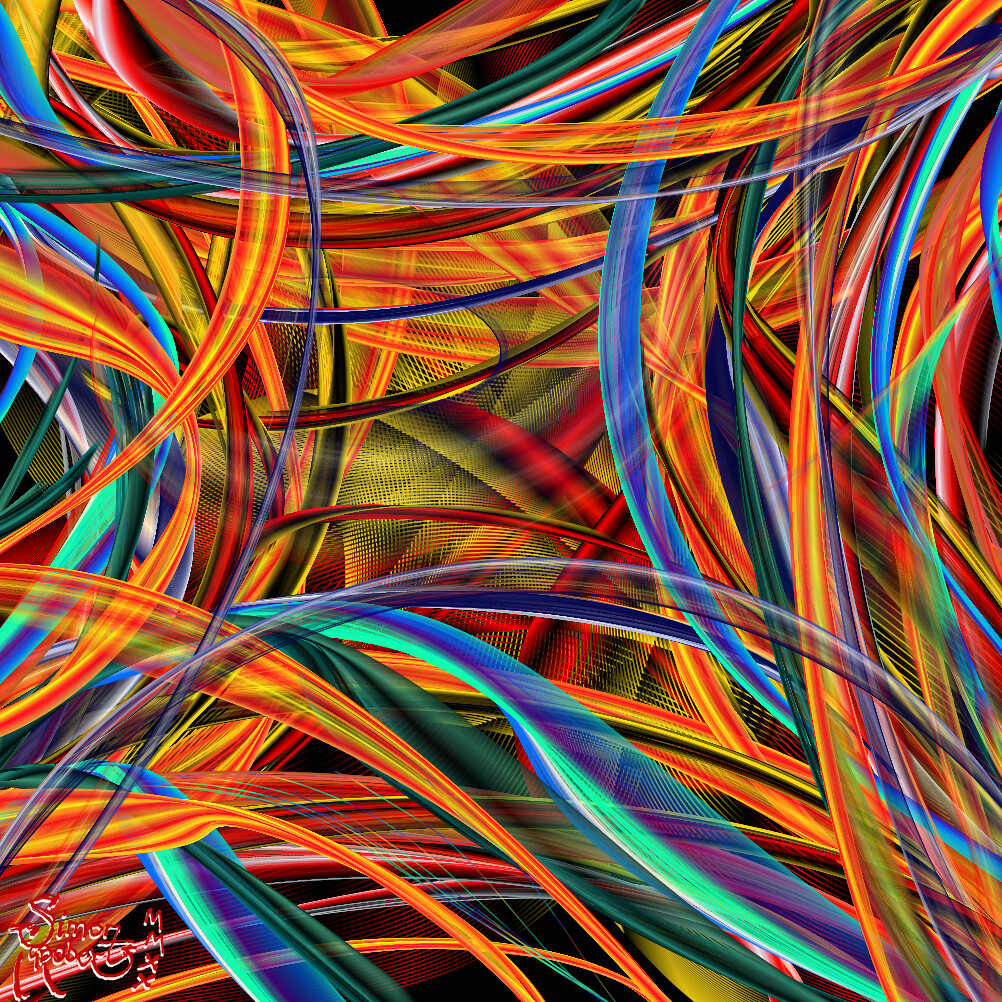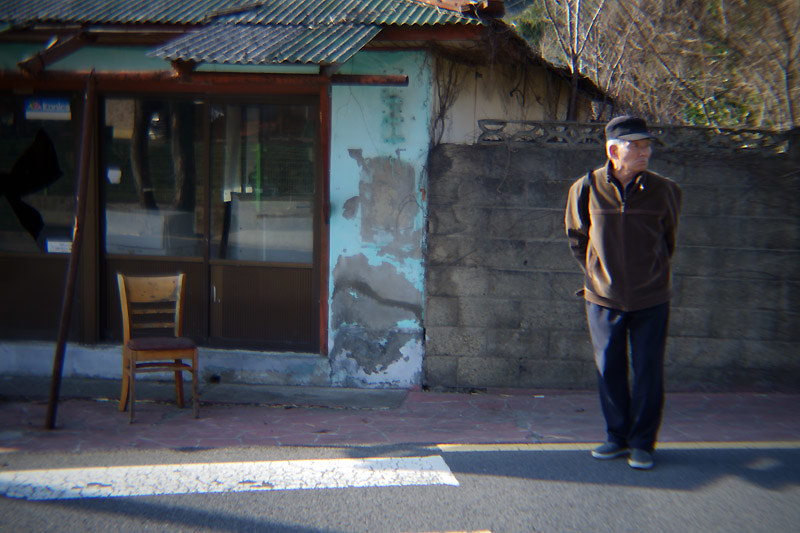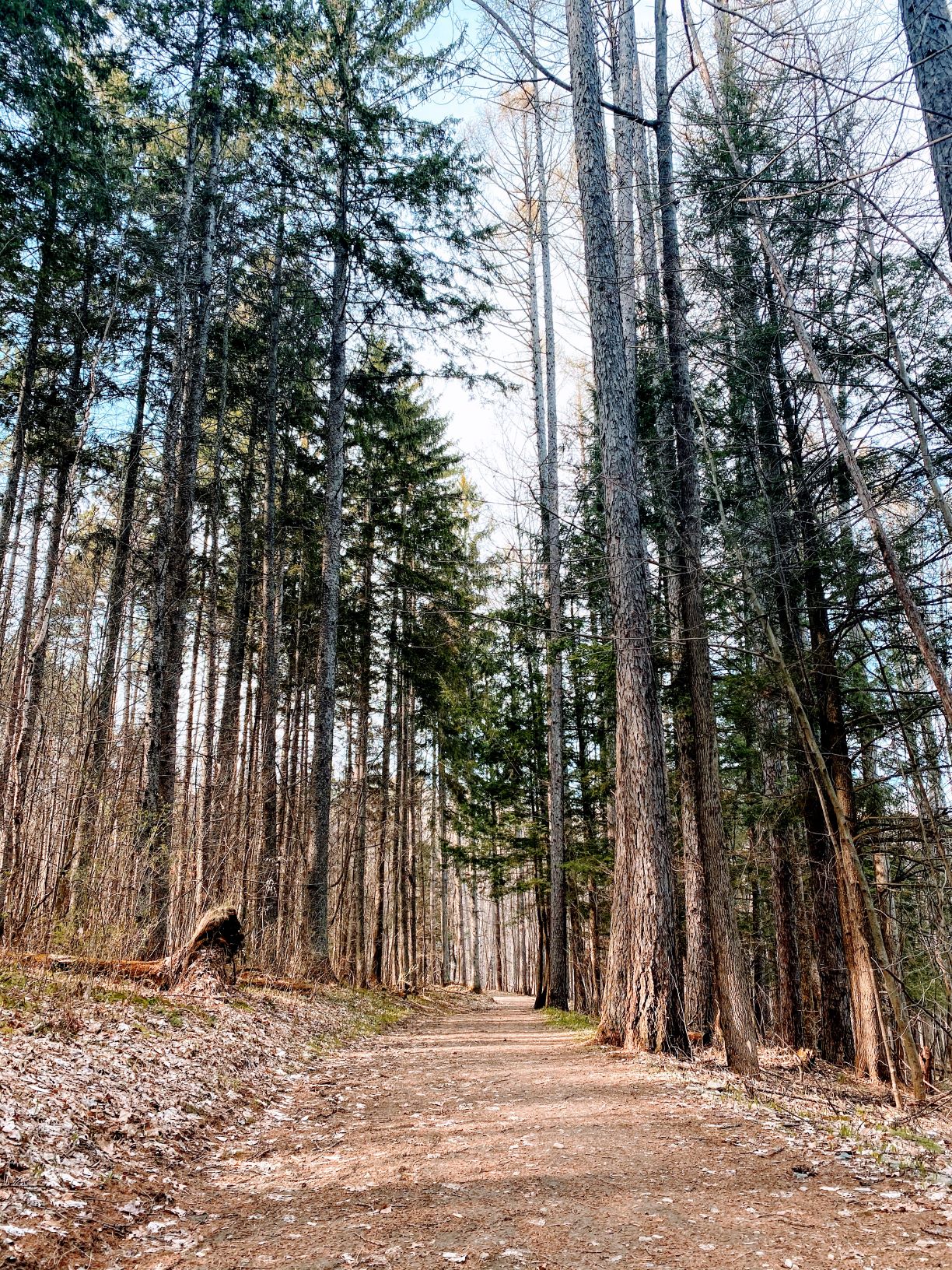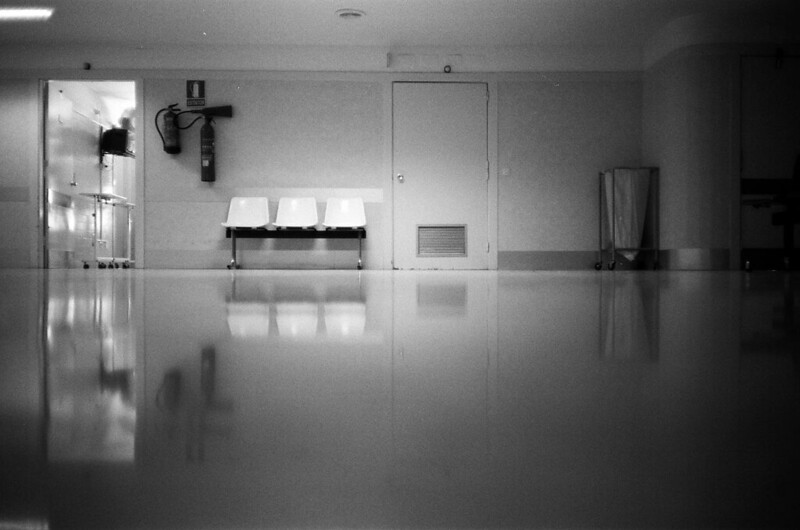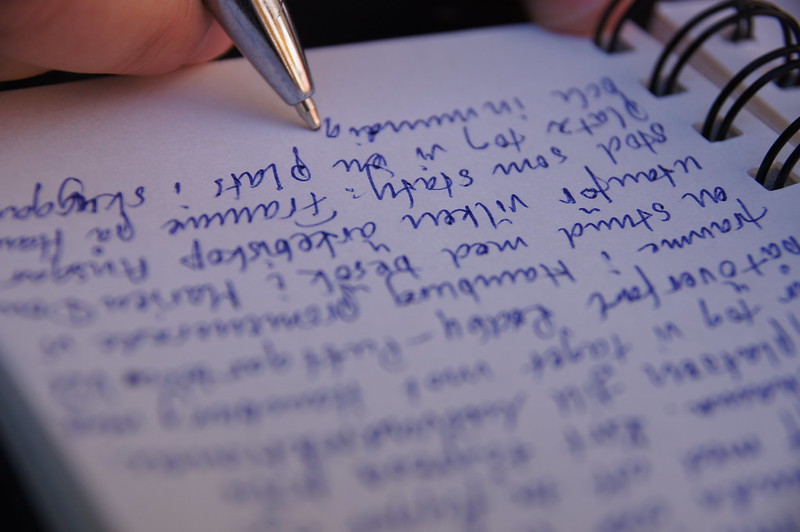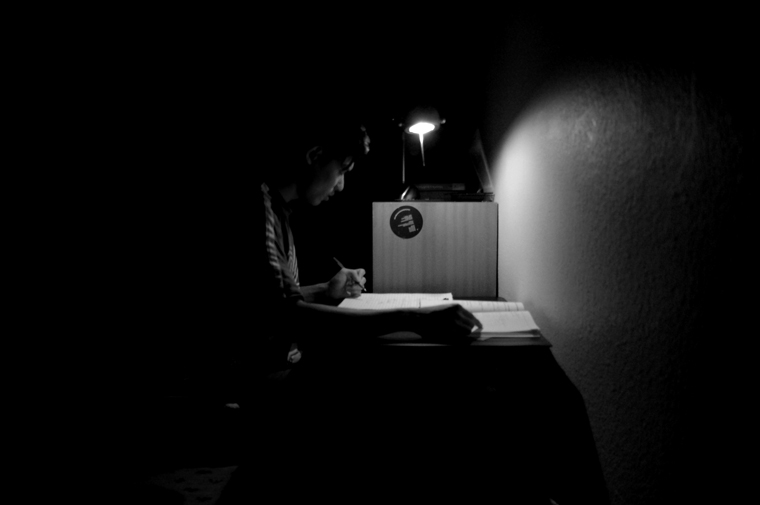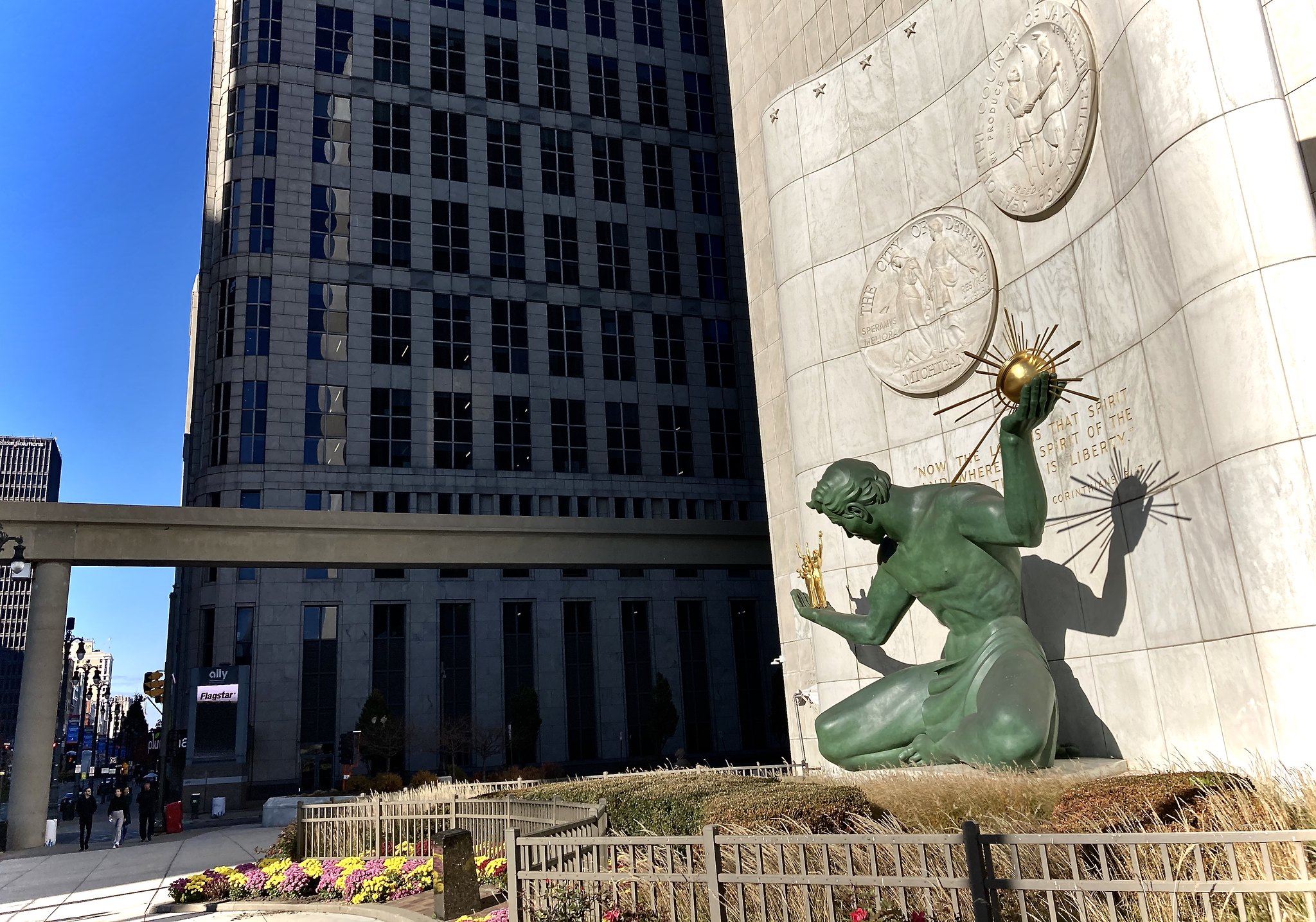Essential Workers & Escapism
For better or worse, I have always partaken in escapism in one form or another. “Escapism,” defined as the practice of avoiding a difficult reality by immersing oneself in distraction or entertainment, is a concept that rose in popularity in the 1930s as a natural reaction to the Great Depression of the previous decade. Although I did not know it at the time, I have been practicing escapism since 2000 BC (before COVID). As the eldest daughter of immigrants who were new to the continent and busy building a life from scratch, I would get lost in stories from a very young age. I had little in the way of friends and even less of an interest in being popular, so naturally I was drawn to books to fill that emotional void; novels were the way to my heart — fantasy and fiction, oh my!

